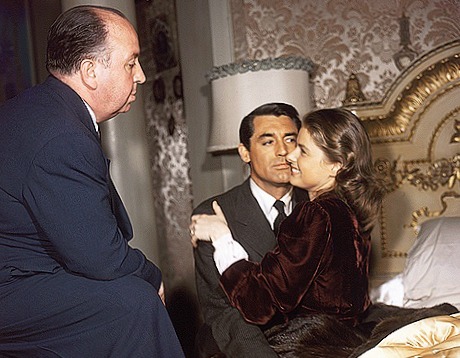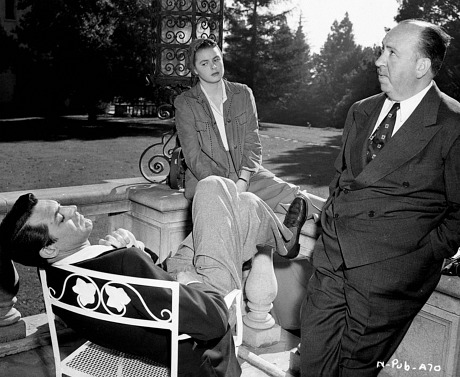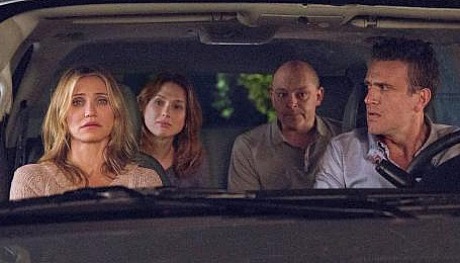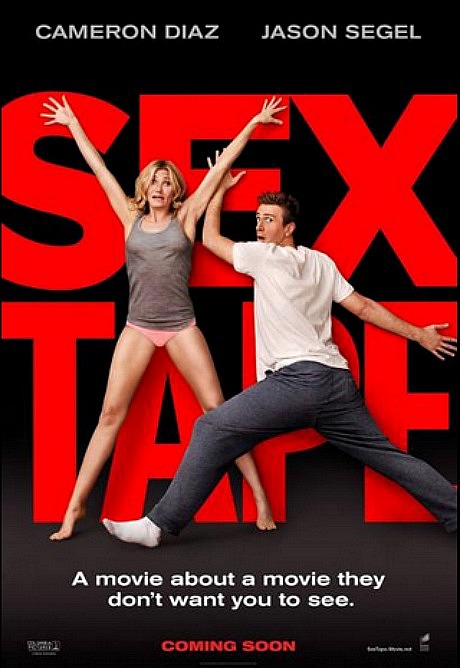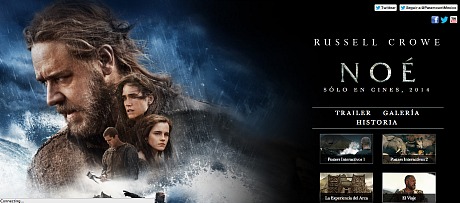“I saw an early screening of Malificent (Disney, 5.30) last November on the Disney lot,” an HE regular informs. “The visual effects weren’t anywhere near done, but the story was set. It’s basically a revision where everything isn’t so black and white. The villain has a backstory and the ending is different, and everything is told with more of an empowered female perspective. Jolie is fine, especially if you are open-minded. She has the malicious laugh, show a little teeth, has a little fun, and in the end she’s redeemed. Like I said, this is for a new generation of girls.
“It’s certainly lacking in scope and full realization, but I thought it was okay as far as these things go. After all, I’m not the target audience. I have zero desire to see this ever again, but I wouldn’t mind taking my nieces (maybe even my nephews). We’re growing as a civilization and Disney is growing with us. Pretty cool. I hope it’s a hit, for the sake of Jolie and Hollywood actresses in general. And, frankly, considering all the crap out there, you can do much worse.”
Read more
